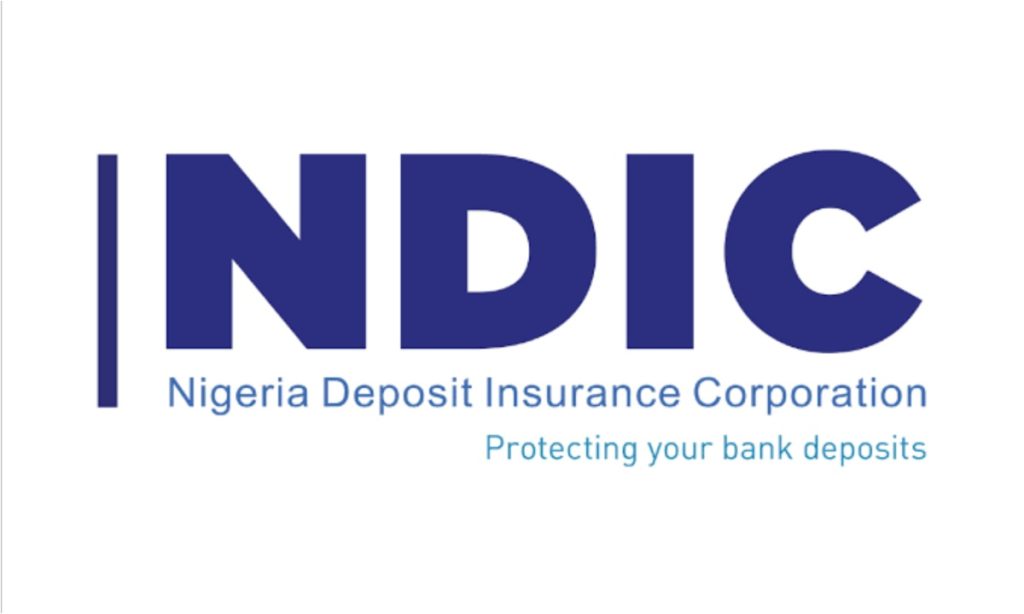The Nigeria Deposit Insurance Corporation (NDIC) has called for closer collaboration with the Central Bank of Nigeria (CBN) to strengthen safeguards for the country’s banking sector against systemic risks. During a meeting in Abuja, NDIC Chief Executive Thompson Sunday urged CBN Governor Olayemi Cardoso to establish a joint crisis preparedness framework, emphasizing the need for coordinated action to address emerging vulnerabilities.
Speaking at the courtesy visit organized to foster inter-agency cooperation, Sunday outlined operational hurdles impeding the NDIC’s mandate of protecting depositors and ensuring financial stability. A key challenge, he noted, stems from the lack of a unified identification system for corporate banking clients, akin to the Bank Verification Number (BVN) used by individual customers. This gap complicates risk assessments and monitoring of institutions. Additionally, he highlighted difficulties in collecting insurance premiums from financial entities that operate without CBN-held accounts, a structural barrier affecting the NDIC’s ability to fulfill its oversight role.
The NDIC’s appeal aligns with broader efforts to modernize Nigeria’s financial architecture amid evolving economic pressures. Rita Sike, Director of the CBN’s Financial Policy and Regulation Department, acknowledged the proposal, suggesting the Financial Services Regulation Coordinating Committee (FSRCC) — a body overseeing regulatory alignment — could spearhead the framework’s development. She disclosed parallel upgrades to the CBN’s Credit Risk Management System (CRMS), including plans to incorporate the Global Standing Instruction (GSI) mechanism. This tool, already used to recover individual loans, will be expanded to streamline enforcement across banks, microfinance institutions, and other financial entities (OFIs), potentially addressing some NDIC concerns.
The dialogue underscores ongoing reforms to fortify Nigeria’s banking sector against shocks, particularly as economic headwinds test institutional resilience. While the NDIC focuses on deposit guarantees and crisis resolution, its effectiveness hinges on seamless data sharing and regulatory cohesion with the CBN. The absence of corporate customer identifiers has long hindered anti-fraud measures and credit tracking, echoing calls from industry stakeholders for digitization upgrades. Similarly, integrating OFIs into centralized systems like the GSI could mitigate defaults and enhance accountability.
Observers note that such collaboration may prove critical as Nigeria navigates inflationary pressures, currency volatility, and cybersecurity threats. A unified crisis response plan could set precedents for emerging markets grappling with balancing innovation and financial stability. With both agencies signaling commitment to procedural harmonization, the proposed framework may reshape how systemic risks are identified and managed across West Africa’s largest economy.
